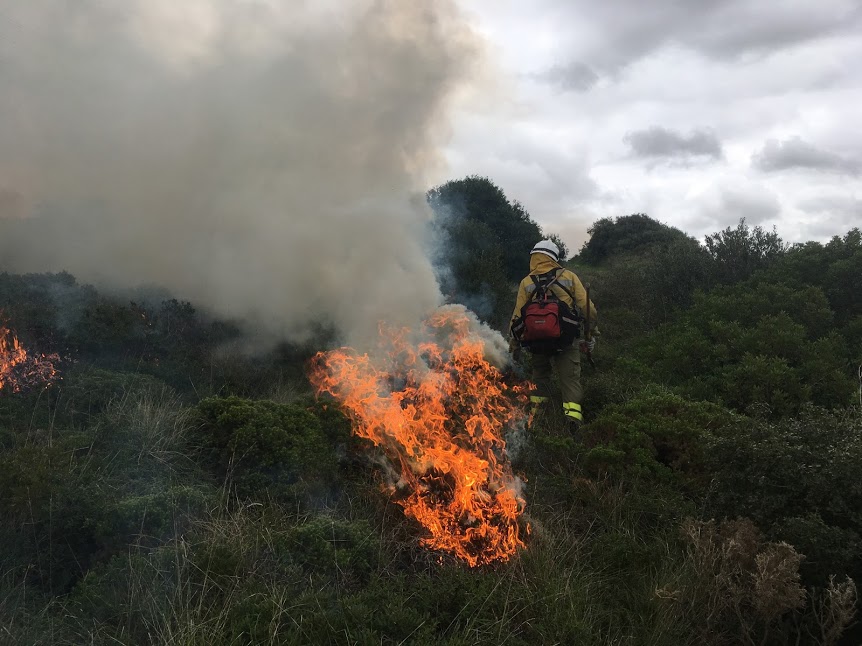We got used to news about wildfires erupting across the world. Global warming lead to situations when state authorities are often caught off guard as the extent of wildfires has been gradually increasing. When a calamity of this kind happens, one has to act immediately. But a better approach is to minimize wildfire risk preventing the worst scenario. Cutting edge technologies and data driven applications are likely to go a long way towards combating this issue. However, could we talk about preserving our nature without scientific exchange and sharing best practices? The answer is neither yes or no but how.
Today we have a pleasure to discuss this topic with Oriol Vilalta, general manager and co-founder of Pau Costa Foundation – an international platform on forest fire management, as well as an instrument to train firefighters or volunteers, investigate and disseminate information on fire ecology.
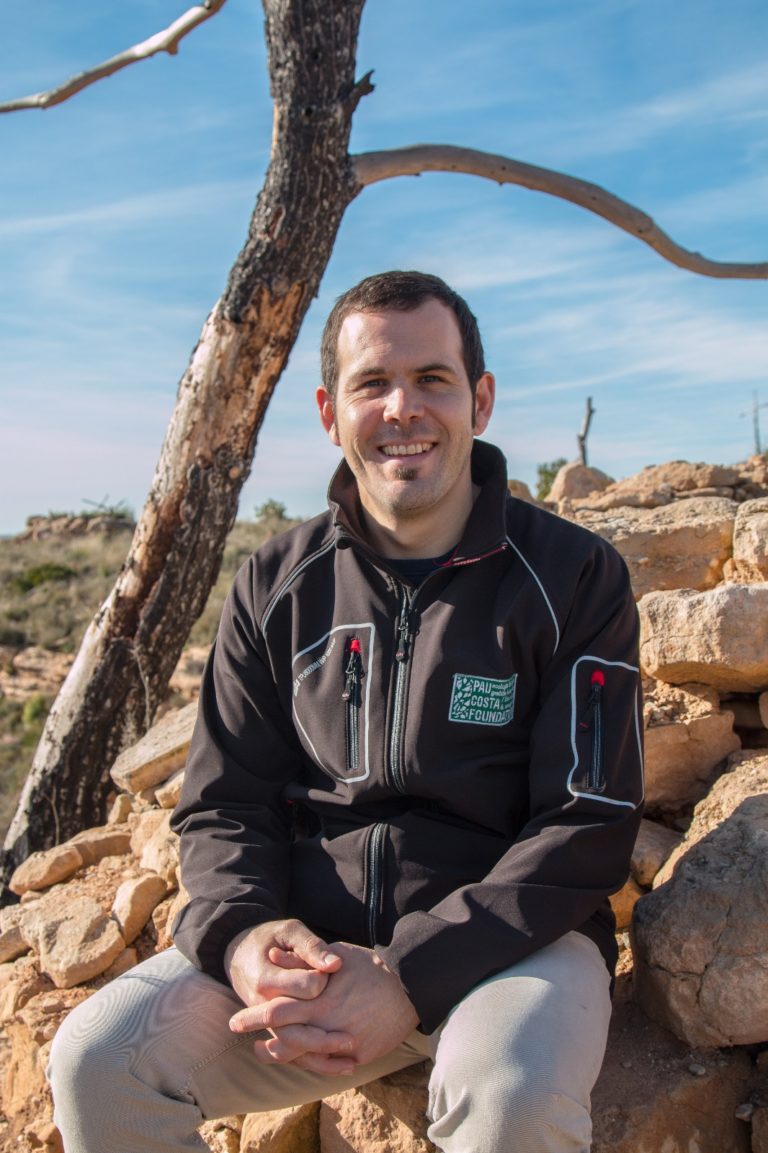
What was the starting point for you to establish Pau Costa Foundation? What inspired you?
Oriol Vilalta: In 1994 there was a serious fire in Berguedà (Catalunya, Spain) where I was born and grew up, and that caused me great sadness and a fact that would mark me for a lifetime.
Once I finished my master’s in Biology, I started working with the Fire Department, and there was where I got to learn in depth much more on the subject of wildfires.
While I was in the Catalunya Fire Department, a group of colleagues and myself started with the idea to create a knowledge exchange platform. This idea started to take shape and became a reality in 2009.
This year was a turning point: There was a serious accident in which 5 friends and colleagues from the Catalunya Fire Department lost their lives. One of the dead firefighters was Pau Costa, one of the “thinkers” of the group of people who had the idea of building the platform as we have it today.
From then on, the Foundation would take his name and begin to work in providing solutions to the problem of wildfires.
What kind of activities is Pau Costa Foundation involved in? What does it promote?
OV: Pau Costa Foundation is the first global and free platform that works for the fire community connecting: emergency services, territory managers, society, research, public and private sectors, and legislators.
To achieve this goal, we work on 3 main lines of action:
The first axis of action is to create, implement and disseminate new solutions for fire prevention. In order to move from the classic prevention, which needs a contribution of public money year after year, to create economic structures in the territory, in rural areas, that allows us to generate activity that results in the prevention of fires.
The best example that we have nowadays, is that of Fire Flocks. It is the most economical and ecological way to clean the forest. The shepherds contribute to reduce the forest mass, and therefore, the extension of any forest fire.
The second axis of action in which we work is to offer better tools to those who work in fire suppression.
And it is done with two great programs:
1) The first program would be to improve training and education at the global level so that everyone can access the same level of competence
2) The second program is to improve the emergency management systems so that two very different territories can be useful to help in case of major catastrophes
3) The third axis of action in Social Awareness:
We believe that the society is one of the main points to work with. We are working to create culture of preparedness against wildfires and we spread the word that we are committed to a culture of risk, that allows us to be prepared for the fire, to give more security to the people and to protect the forest fire community.
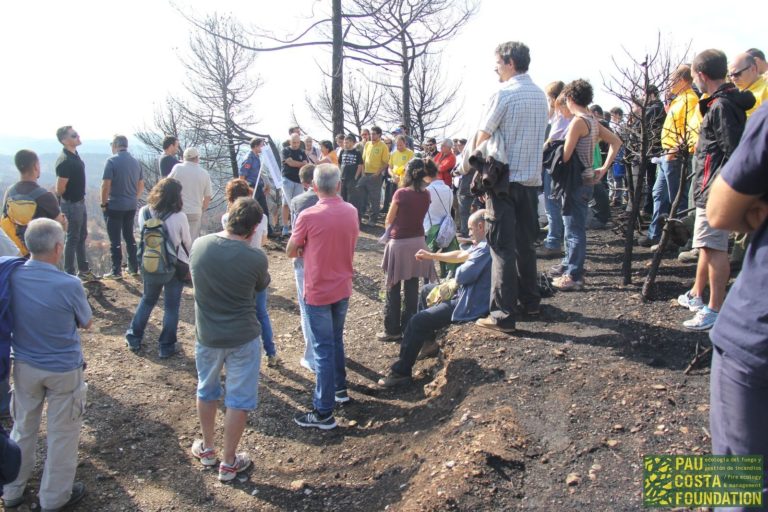
To be more specific, we mainly work on these lines of action:
Knowledge exchange, R & D, Resilient Landscapes, Awareness and Dissemination, Conferences, Impact and Participation and Social Action.
In particular, Pau Costa Foundation listens, works, creates and disseminates solutions for the prevention of wildfires and the improvement of the management of major emergencies. It does so by connecting to the worldwide network of researchers, operational staff and society that exchange knowledge, ideas and sensibilities to achieve a systemic change.
Where do you see your foundation in the short run?
OV: We see it connecting the community of forest fires better globally, to break with the paradigm of extinction alone and also include prevention as part of this paradigm, and open ourselves to other natural disasters that due to climate change we know are going to have more relevance and interaction with forest fires; such as floods, earthquakes or landslides, and where we know that our knowledge can be key.
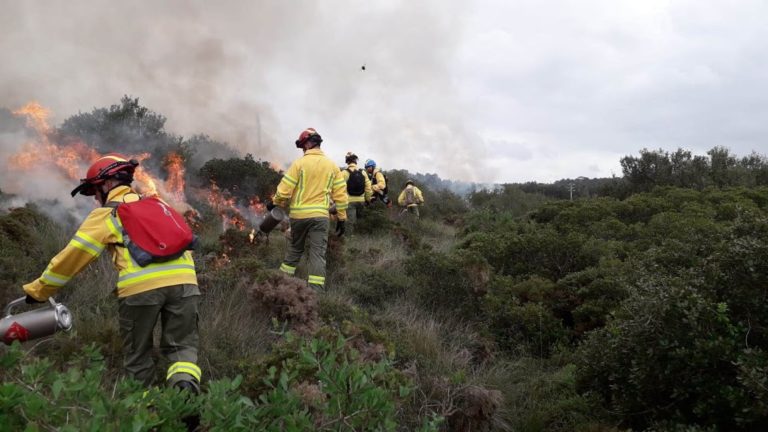
What differs Pau Costa foundation from other organizations?
OV: There are several reasons why Pau Costa Foundations is particularly special:
- We have achieved that emergency services, territory managers, society, research, public and private sectors, as well as legislators work together with the same objective;
- We have trained more than 1200 professionals internationally;
- We have worked with more than 20 emergency corps around the world;
- We have developed more than 10 R&D+i projects financed by international entities
- We have collaborated in over 20 studies with different national and international research centers;
- We have raised the awareness of more than 3000 students through school programs;
- We have trained more than 100 teachers in the field of fire prevention and extinction;
- We have organized more than 30 technical conferences, 4 international congresses with an attendance of over 1000 people from 30 different countries;
- We have been mentioned and have participated in over 100 occasions in different media;
- We have participated in more than 30 publications on wildfire and emergency management;
- We have donated more than 1000 tools for major catastrophes in emergency mode and development assistance;
- We have been recognized with 8 awards;
- We have created a decalogue based on our vision of Wildfire to which organizations like Greenpeace Spain have joined.
How many users have you had so far?
OV: Regarding registered users through our web portal, today we have around 4000 people, all of them professionals of forest fires and emergencies or people outside the profession who want to know more about the subject matter. The profiles are broad, from researchers to extinction services or teachers of the educational community. Moreover, our 220 members also actively collaborate with us.
On the other hand, we have started an open knowledge project so that anyone who is interested can obtain information about wildfires. Through the Lessons On Fire platform, our users can search for resources about forest fires, search for experts in specific topics from around the world, or consult job offers in the sector.
Social networks· Twitter: 5212· Facebook: 2600· LinkedIn: 2036· YouTube: 457 subscriptions
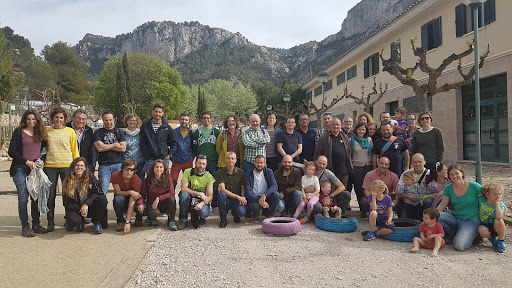
How many collaborators do you have? How this number has changed in the last couple of years?
OV: We currently have 10 people working for the PCF, and there are 220 people who collaborate with us, as well. They do not collaborate at the same time, but are called on when we need them depending on the area and the topic. The number has grown considerably since 2011. Recently, we have hired a Journalist and an Environmental expert. Thus, since 2011 we have been growing rapidly.
What are your thoughts about the SDGs (Sustainable Development Goals)? How do you think your company can give a positive contribution in that sense?
OV: The SDGs are extremely important because they are a powerful advocacy platform to support the implementation and monitor the basis of human rights, which unfortunately still is an unsolved issue together with environmental issues such as climate change. In fact, we have complied with 11 of the 17 ODS points. The main ones comply with 6, with SDGs 4, 5, 8, 9, 13 and 15 which are the main ones and the secondary SDOs 5, with the ODS, 3, 10, 11, 12 and 17.
RELATED ARTICLES:
“Tech For Good: Harnessing the Power of Silicon Valley to Combat California’s Wildfires”
What are your thoughts on global warming?
OV: We have to act now, in fact we are already late. Climate change is now affecting every country in the world. It is disrupting national economies and transforming lives. Pau Costa Foundation is very aware of the danger posed by climate change, in general, and in particular with forest fires. On top of that, I would like to point out that it is one of the main reasons why wildfires occur. Precipitation and temperature are the main elements that influence the state of vegetation, and therefore, the behavior of fire. It should also be noted that each activity that the PCF performs contributes to defining policies adapted to mitigate the negative effects of large fires.
In the cover picture: A volunteer firefighter struggles with outbreaks of fire in Spain. Photo Credits: Pau Costa Foundation


